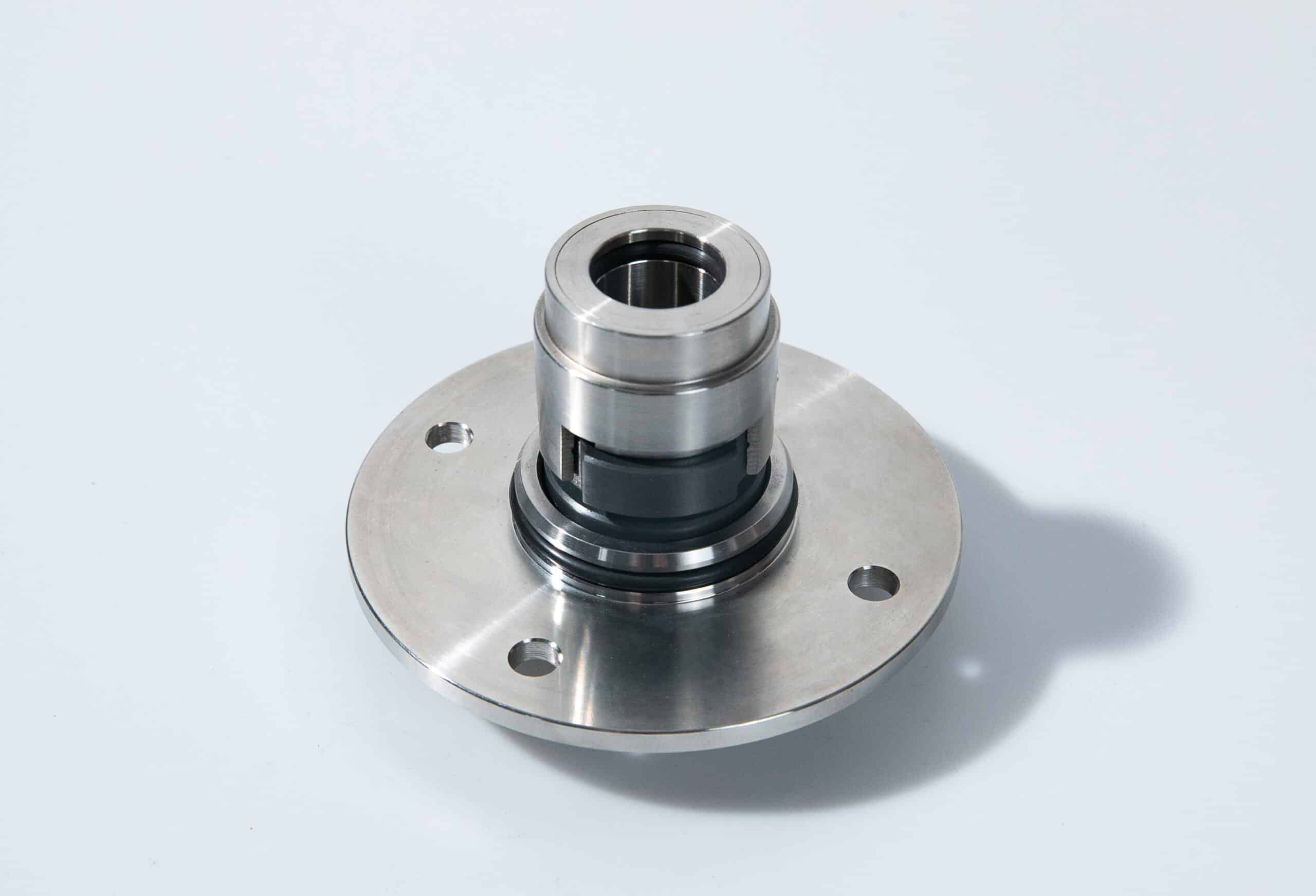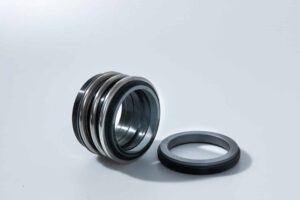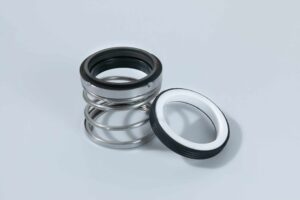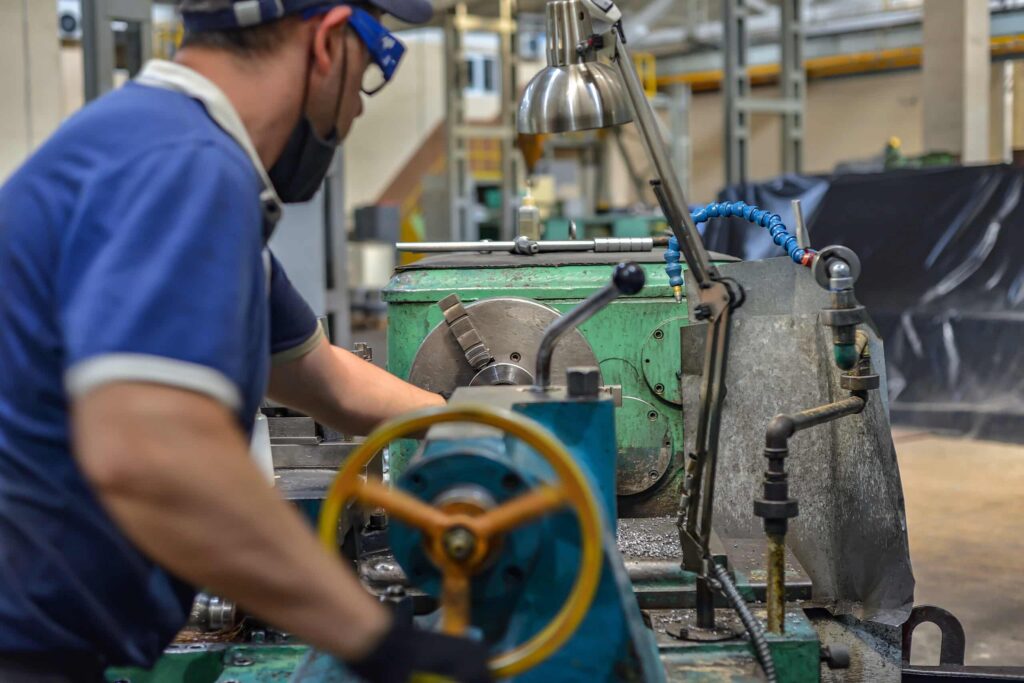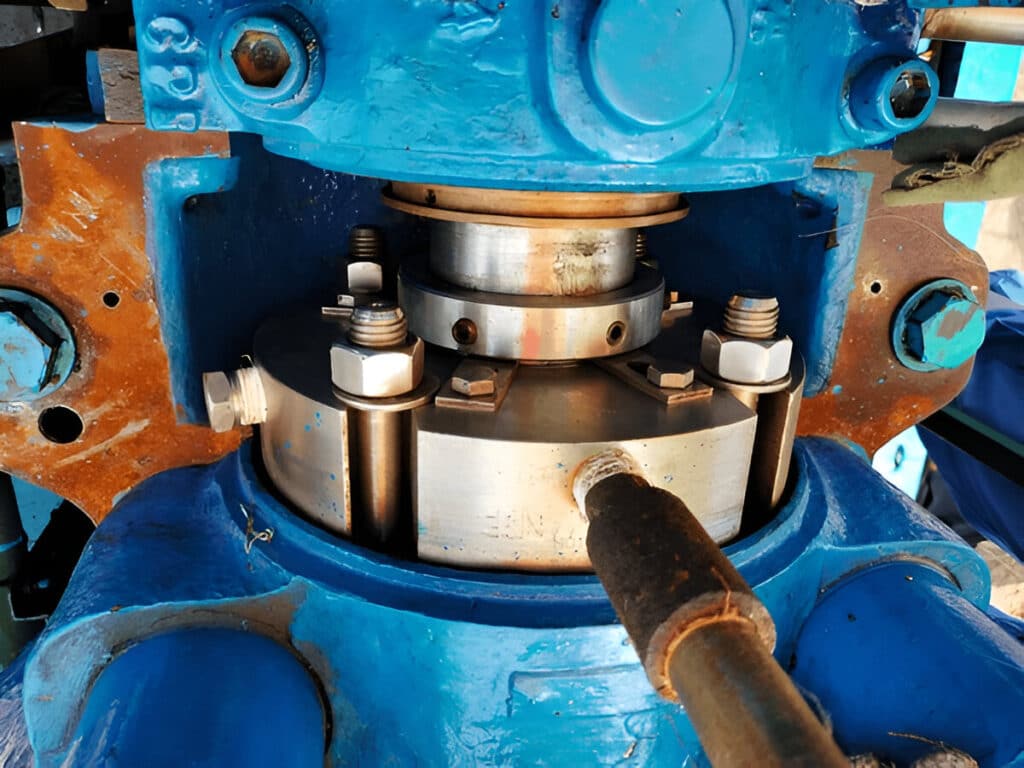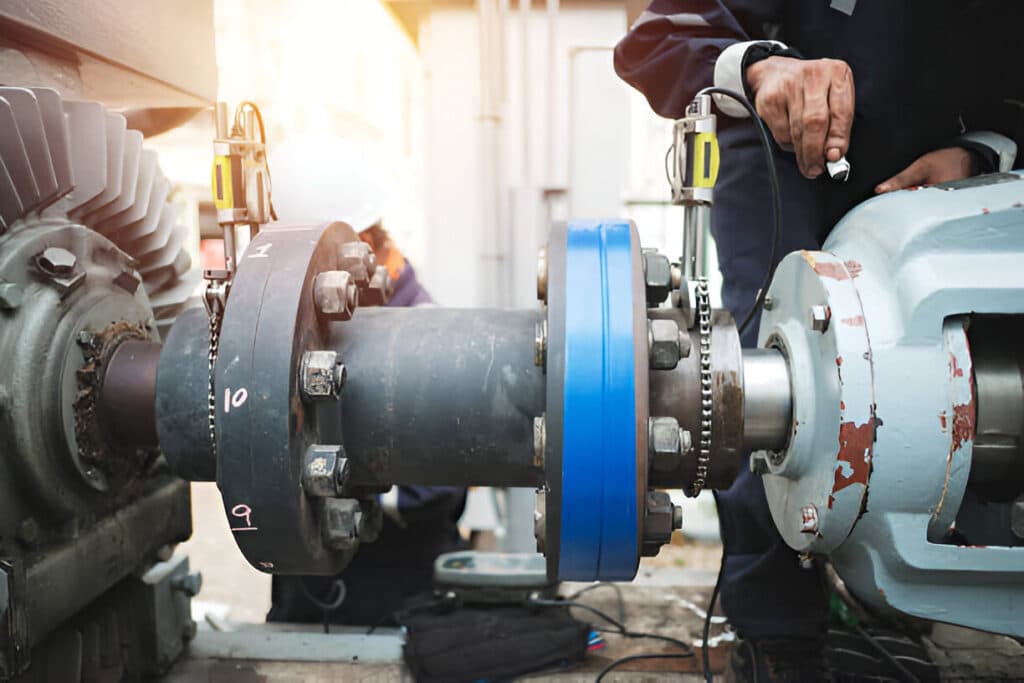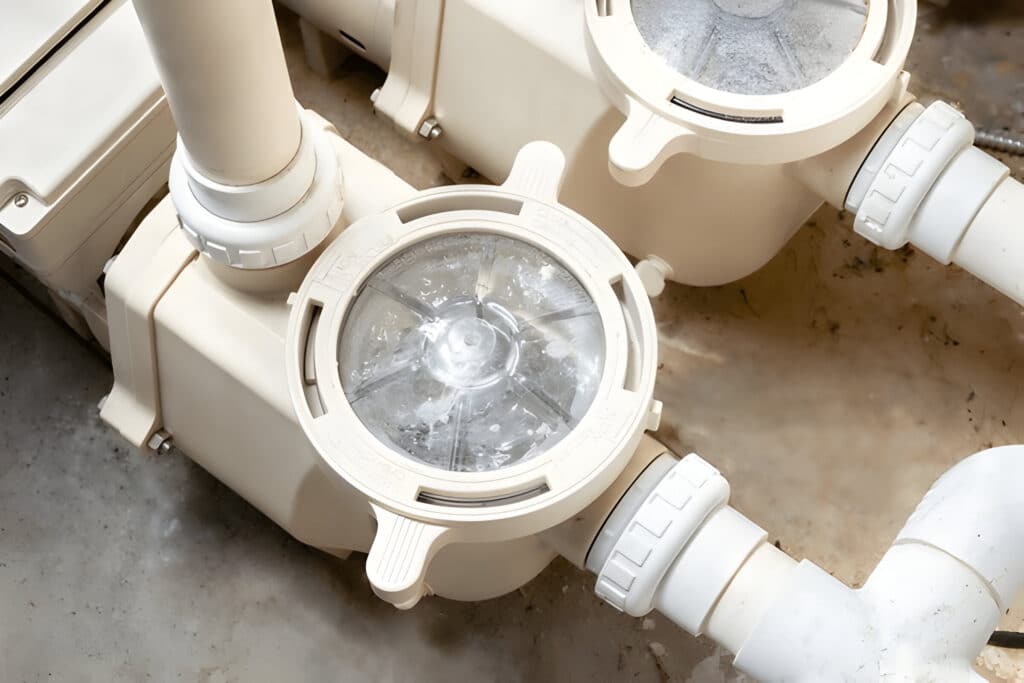
Clogged Pump and Skimmer Baskets
Pool pumps are equipped with strainer baskets designed to trap debris before it enters the pump. Over time, these baskets can become clogged with leaves, twigs, and other debris, restricting water flow and causing a drop in pressure.
Low Pool Water Level
If the water level drops below the skimmer opening, air can enter the system, causing the pump to lose prime and pressure. Ensure the water level remains at the middle of the skimmer opening to prevent this issue.
Suction Leak
A suction leak occurs when air enters the pump system through a crack or break in the suction-side plumbing. This can cause the pump to lose prime and pressure, resulting in reduced water flow.
Blockages in the Suction Lines
Debris, such as leaves, sticks, or even small toys, can become lodged in the suction lines, restricting water flow and causing a pressure drop.
Failing Impeller
The impeller is the heart of the pool pump, responsible for moving water through the system. A damaged or worn impeller can cause a significant drop in pressure and reduced water flow. Signs of a failing impeller include unusual noises, vibrations, and a decrease in pump performance.
A Broken Pressure Gauge
A malfunctioning pressure gauge can provide inaccurate readings, making it difficult to detect pressure issues. To determine if the gauge is faulty, compare its readings to a known working gauge or install a new one.
Pump Seal Leak
The mechanical seal on the pump shaft prevents water from leaking around the shaft and into the motor. If this seal fails, water can leak out, causing a pressure drop and potential damage to the motor.
What Is Normal Pool Filter Pressure
The normal pool filter pressure range depends on the type of filter and the manufacturer’s specifications.
Generally, sand filters operate between 10-20 PSI, cartridge filters between 8-15 PSI, and DE filters between 8-20 PSI.
What Do Different Filter Pressure Levels Mean
Lower Than Normal Pool Filter Pressure
Low filter pressure often indicates a problem on the suction side of the pump, such as a clogged skimmer basket, a suction leak, or a low water level. It can also signify a failing pump impeller or a broken pressure gauge.
Higher Than Normal Filter Pressure
High filter pressure typically suggests a dirty or clogged filter that needs cleaning or backwashing. As debris accumulates in the filter media, resistance to water flow increases, causing a rise in pressure.
Filter Pressure Is Slow to Rise
A slow increase in filter pressure after cleaning or backwashing may indicate a problem with the filter’s internal components, such as a damaged lateral or a broken standpipe. It can also suggest an issue with the multiport valve or a partially closed valve.
Zero Filter Pressure
If the filter pressure gauge reads zero, it may indicate a faulty gauge, a closed valve, or a severely clogged skimmer or pump basket. Check the valves, clean the baskets, and inspect the gauge to determine the cause of the issue.
Faqs
How Do I Fix Low Pressure in My Pool Pump
To fix low pressure in your pool pump, start by cleaning the skimmer and pump baskets, ensuring the pool water level is correct, and checking for suction leaks. If the issue persists, inspect the suction lines for blockages, the impeller for damage, and the pressure gauge for accuracy.
Why Does the Pressure Keep Dropping on My Pool Pump
Pressure drops in pool pumps can be caused by various factors, including clogged baskets, low water levels, suction leaks, blockages in the suction lines, a failing impeller, or a broken pressure gauge.
Why Is My Pool Filter Not Holding Pressure
If your pool filter is not holding pressure, it may indicate a dirty or clogged filter that needs cleaning or backwashing. It can also suggest an issue with the filter’s internal components, such as a damaged lateral or a broken standpipe.
Why Is My Pool Pump Not Pushing Enough Water
A pool pump that is not pushing enough water may be experiencing issues such as clogged baskets, suction leaks, blockages in the suction lines, or a failing impeller. It can also indicate a problem with the filter, such as a dirty or clogged filter media.
